Protecting your online identity is crucial in today’s digital world where personal information is increasingly vulnerable. Your online business persona and interactions can also pose a risk. Here are some best practices to help safeguard your online identity to protect your personal and professional information to keep you, your assets, and your business secure.
Use Strong, Unique Passwords
Create complex passwords for your accounts and avoid using the same password across multiple sites. Consider using a reputable password manager to generate and store passwords securely. We also recommend resetting your email login password periodically and implementing this seasonally among your staff to encourage and optimize security.
Enable Two-Factor Authentication (2FA)
Whenever possible, enable 2FA on your accounts. This adds an extra layer of security by requiring a second form of verification in addition to your password. Often, 2FA is linked to an authenticator app or unique mobile phone number, making it extremely difficult to trace and hack. This is recommended for both personal and professional accounts.
Be Cautious with Personal Information & Unsolicited Requests
Avoid sharing sensitive information such as your full birthdate, address, or financial details on public forums or social media platforms. Be mindful of what information you share online, over email, over the phone, or even in person. This applies to business information as well.
Be cautious of emails, messages, or phone calls asking for personal information or credentials, especially if they create a sense of urgency or threaten consequences for not complying.
Keep Software Updated
Ensure your operating system, antivirus software, and applications are regularly updated. Updates often include security patches that help protect against known vulnerabilities.
Not sure if your software is protected? Ontech Systems offers a complementary Network Discovery Call that assesses your organization’s protective measures and helps to inform a plan for improvements. Book your Network Discovery Call today!
Use Secure Connections
Your business should be operating under a secure VPN connection. When accessing sensitive websites or conducting financial transactions online, ensure the website is using HTTPS (look for the padlock icon in the address bar). Especially for businesses and individuals who utilize remote or work-from-home connections, avoid using public Wi-Fi for any sort of transaction.
Monitor Your Accounts
Regularly review your bank statements, credit reports, and online accounts for any unauthorized activity. Report any suspicious activity to the relevant authorities immediately. Sensitive personal data can be compromised if there are no secure precautions taken by the HR staff or executive team. Likewise, if you have many employees with access to financial transaction privileges, such as credit card information or access to accounts, it is vital that you keep on your statements to ensure no errors or misuse is occurring. If any anomalies occur, act swiftly to determine if this information has been compromised or if negligence ensued.
Limit Social Media Exposure
From a personal standpoint, review your social media privacy settings and be mindful of what you share publicly. Consider restricting who can see your posts and personal information. When it comes to business, many organizations err on the side of being very public, posting updates in real time about events with pictures of employees, etc. While this can certainly remain a part of your social strategy, we recommend seeking permission from the employees involved to help foster a more mindful culture within your organization and to ensure everyone is comfortable with their photo, location, and information being shared publicly on social media across various channels.
Here are more tips to help you foster a more cyber-secure culture in your business.
Use Privacy Settings
Adjust the privacy settings on your devices, browsers, and apps to control what information is collected and shared about you. Opt out of data sharing when possible. This includes apps running in the background and storing location information.
Set policies on the devices and methods your employees use to access important information. This can include having parameters around business information and email access on personal mobile devices, etc.
Educate Your Organization
Stay informed about the latest cybersecurity threats and best practices for protecting your identity online. Awareness is key to avoiding common pitfalls. Giving your team the right information to help them stay curious and informed about possible risks and threats can really make a difference in your cybersecurity.
According to the Data Breach Investigation Report, more than 80% of data breaches in organizations involved a “human element”. This implies that the threats being received are aimed at your employees, rather than bypassing your firewall protection unnoticed. To get ahead of this, regular training, education, and conversation are key. Talk with Ontech Systems, Inc. to learn more about training opportunities for your company.
Next Steps
By following these best practices, you can greatly reduce the risk of online identity theft and protect your personal and professional information from unauthorized access.
To help you assess the health of your cybersecurity infrastructure, policies, and procedures, book a free Network Discovery Call with Ontech Systems. With 20+ years of experience, we are a trusted IT resource, assisting businesses in easter Wisconsin with all their cybersecurity and IT needs. Contact us today to get started!






